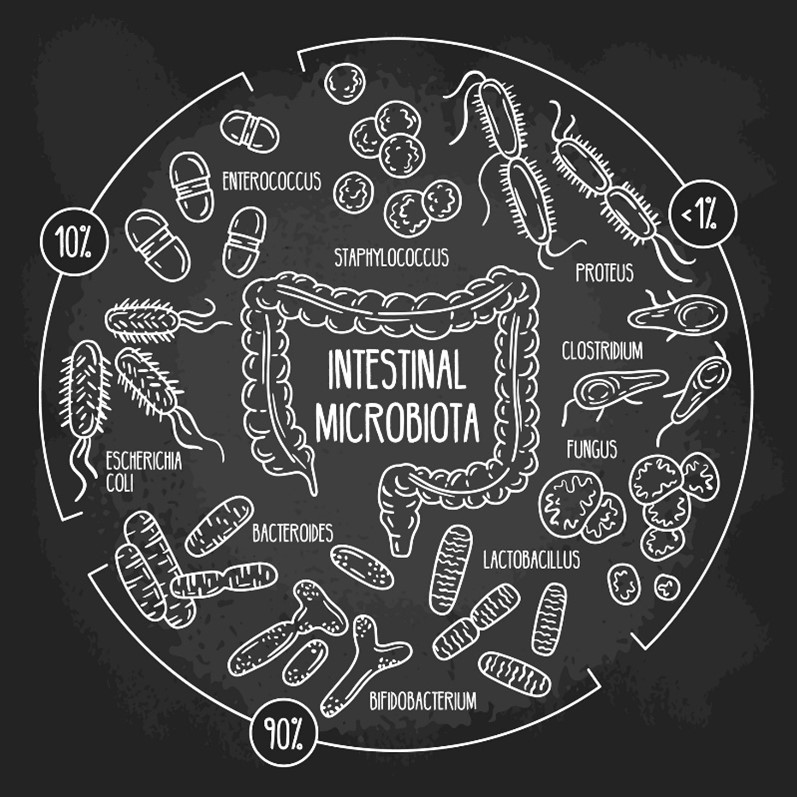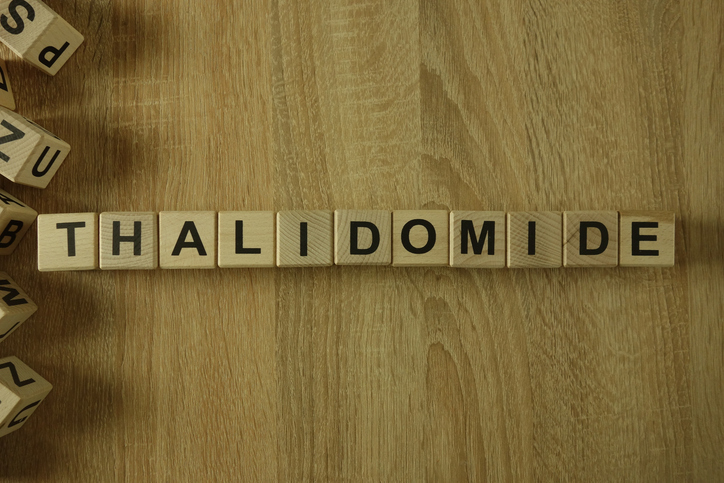2024-11-14
Transplantation of faecal microbiota: a new weapon against type 2 diabetes?
Endocrinology and Metabolism
Type 2 diabetes (T2D) is a chronic disease that affects millions of people worldwide. In fact, it represents a major public health challenge. This is all the more true given that current evidence suggests that conventional treatments are not always effective and may be associated with undesirable side-effects. Given the limitations of these treatments, the search for therapeutic alternatives is a priority.
Fecal microbiota transplantation (FMT), which involves introducing healthy intestinal flora into a patient, has shown promising potential in the treatment of certain diseases (Clostridium difficile infection, inflammatory bowel disease, etc.). With this in mind, this study looked at the use of FMT to treat T2DM, to assess its effectiveness and limitations.FMT as an intervention in type 2 diabetes: a clinical study
21 patients with type 2 diabetes treated with metformin were included in the study and divided into three groups:
- FMT from healthy, lean donors ;
- Probiotic (Lactobacillus delbrueckii LB-14) ;
- Placebo.
The following parameters were measured over a 12-week period: anthropometric variables, blood glucose and HbA1c levels, insulin sensitivity using the HOMA-IR model and the composition of each participant's faecal microbiota.
These studies show that :
- FMT does not significantly improve insulin sensitivity or HbA1c in patients with T2DM.
- A moderate increase in HbA1c was observed in patients who received FMT (+0.25%, p = 0.041), but no significant change in glucose or HbA1c levels was observed between the groups.
- The composition of faecal microbiota did not differ between the three treatment groups. However, the microbiota profile changed mainly in favour of the donor species, with no significant impact on insulin sensitivity.
Microbiota transplantation as a therapeutic approach for type II diabetes
This study demonstrates that FMT from healthy, lean donors is not associated with a clinically significant improvement in insulin sensitivity or reduction in HbA1c in patients with T2D. Although temporary changes in the composition of the microbiota were observed, no lasting metabolic effect was observed. This study, limited by a small sample size of 21 participants and some heterogeneity in baseline patient characteristics, suggests that further research is needed to better identify the potential of FMT in T2D, in particular by adjusting the frequency and choice of donor bacteria.

Last press reviews
Leprosy: a disease still beyond control

By Ana Espino | Published on January 22, 2026 | 3 min read...
Parental alcohol intoxication: the hidden impact on children’s mental health

By Carolina Lima | Published on January 19, 2026 | 3 min read
